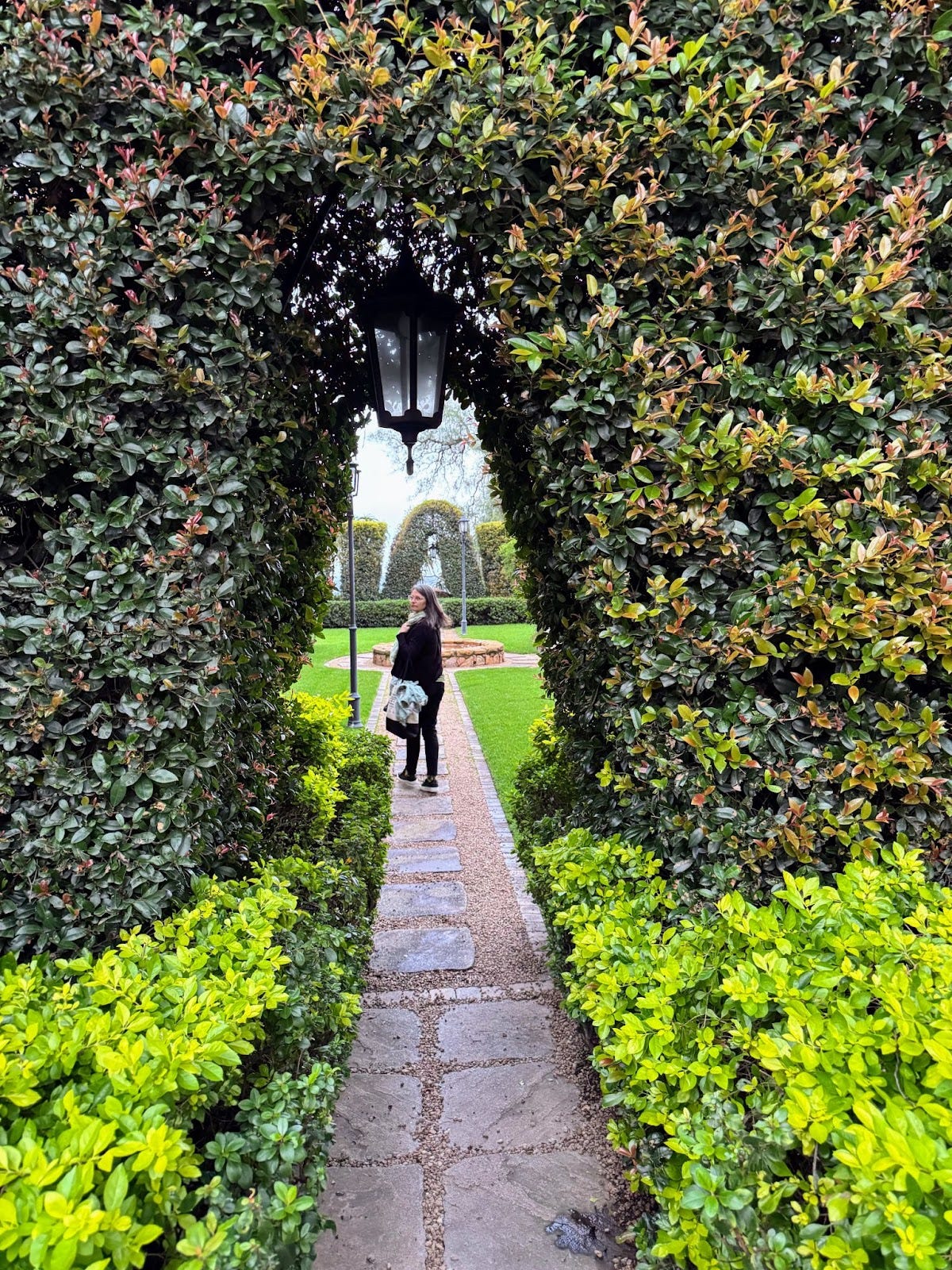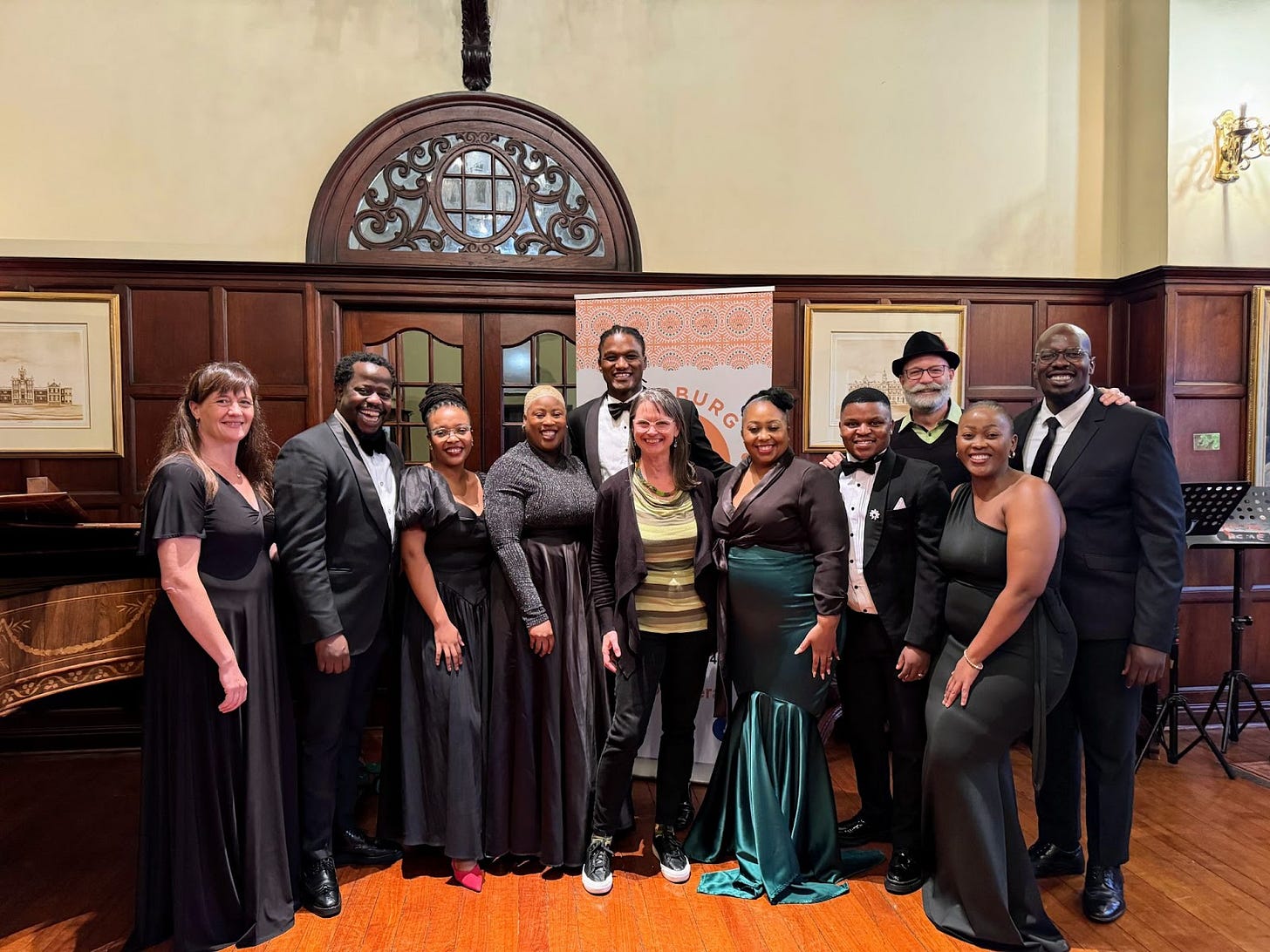The power of practice
The flow from one month to the next brings anxieties around balancing books and not bouncing cheques. Meditation practice helps bring calm but doesn't always come easy even when it is important.
Enabling The How #210. Reading time: 5 minutes, 12 seconds
When one month ends and another begins there is a flurry of activity on the accounts side of our small business. As there is with any business, big and small. Someone has to check that everyone that should be invoiced has been and then see who has paid and chase those that have not. There is usually a measure of anxiety around the bank account and debit orders that are due.
The end of the first quarter of this year also heralded a transition. As one support person chose to leave, another had to be trained. There was more anxiety around whether we would be able to uphold promises to clients while the transition took place as well as whether any half forgotten tasks may fall through calendar cracks.
Working for oneself is both freeing and constraining. The freedom from corporate hierarchy, unmistakenly there even as the protestations of a “flat” structure get bandied about, allows for quick decision making and flexible work.
The roles of debt collector, invoicing clerk, data capturer and admin assistant tend to suck an inordinate amount of time away from tasks that are important (but in this case not urgent). They have to be done, they’re just not that fun.
Overwhelm threatens
When unexpected calamities pull attention away from daily tasks and absorb energy that now has to go to manage fallout and offer support, time gets squeezed even more. Work piles up, deadlines wobble, anxiety increases and overwhelm threatens.
Chantal has plenty of experience of this. When it happens to her, it’s like a roller door crashes down in the front of her brain. The thinking part spits and sparks and whirls like an out of control electric toy. No rational thought can form, words spew half moulded out of her mouth and make no sense.
“I don’t know what you are saying,” spluttered Matthew, on one particularly messy Monday.
“I can’t find the words,” muttered Chantal in frustration. She shook her head as if that may open the door and let the vocabulary slip out.
It is an unpleasant, and sometimes frightening place to be. The task is to bring the brain back online and the only way to do that is to have something that works and has been practised often enough so that it can be automatically reached for at times like these.

The importance of practice
We often talk about the importance of practice. We have shared how vital our daily meditation practice is to support our wellbeing. We follow a particular self guided sequence that starts with being seated with our hands and fingers held in a particular way like the classic gyan mudra that is so commonly displayed by meditators. We breathe deeply in and out and then visualise our way through a sequence of steps.
We have a particularly powerful process called Shape or Emotion, the full expression of the technique or SNAK, the shorter version, that we draw on. Both processes stimulate the vagus nerve and the parasympathetic nervous system and help shift the body out of fight-or-flight and into a state of calm.
We have done this so many times that simply sitting down, positioning our hands and taking a breath invokes a sense of peace. Doing the practice regularly helps prevent the slowly creeping overwhelm. When things just happen too quickly and all at once, and that wave of “it’s too much, I don’t know what to do” threatens to fell us flat, we are able to reach for the process to bring ourselves back into balance.
It has taken years of practice to be able to do this and even then there are times when the other, less freaked out, member of this partnership has to steadily and quietly remind the other to “flick the switch”.
Practice is important
In our experience as coaches and facilitators, our clients and course attendees admit that practice is important, but they just don’t get to, well, practice. It is far easier to grasp the concepts, understand the processes and then assume we know how to execute them. In reality we can’t know until we practice, get feedback, refine and practice again. And again. And again. It’s how we change habits, it’s how we learn, it’s how we create new pathways in our brain.
Even when we know a skill is valuable, that kink in our day, the new time that we need to open up, the discomfort at doing something different can cause us to stop trying and revert to old habits.
When it comes to doing something that is going to improve our emotional wellbeing, it can be even more difficult. Emotional wellbeing is such an intangible thing. No-one gives us a certificate for managing our anxiety or emerging out of depression. They should. We should get a plaque to remind us of how hard we worked to become balanced and whole again.
We are all so embarrassed at being human with all these messy feelings and runaway concerns that we rather keep it to ourselves. We slap on a smile, or a snarl, depending on what gets you through the day more easily, and chomp on another donut or pull on a cigarette or swig back our fifth cup of coffee.

The power of practice
On Sunday we attended a concert, organised by our dear friend Phenye, who runs Johannesburg Opera. Titled Sacred Music, he put together a programme of 18 songs, all choral music. Eight singers in all, two baritones, two tenors, and four sopranos, performed the various items.
We were transported to tears on that wet and grey day by the hallowed sounds performed with such sensitivity and perfection by these young people. It was a beautiful uplifting way to end the weekend.
Phenye and his singers use our facilities for practice. While we work in the main building, we hear the missed notes, the lost beats, the forgotten words emanating from the outside area. At the end of all of this, we get to bask in the glory of their hard work by being present at the final production.
It is a real gift and another reminder of the power of practice. These men and women did not wake up one morning with the ability to sing opera. They had a talent, no doubt, but it has taken hours of vocal training, among other things, to get to stand in front of their audience and sing with such clarity and precision.
They persist in an environment that does not embrace this genre and views it as “western” and foreign. The men and women keep on going, driven by their love for their art, the joy they get from singing and the desire to perform.
It is a valuable reminder to persist in the face of obstacles to practice something that will bring you joy, or calm or balance. Start small and reach for the sky. You will feel better, your relationships will do better and the world will feel a better place to live in.
Until next time.
Yours in feeling,
Matthew & Chantal






